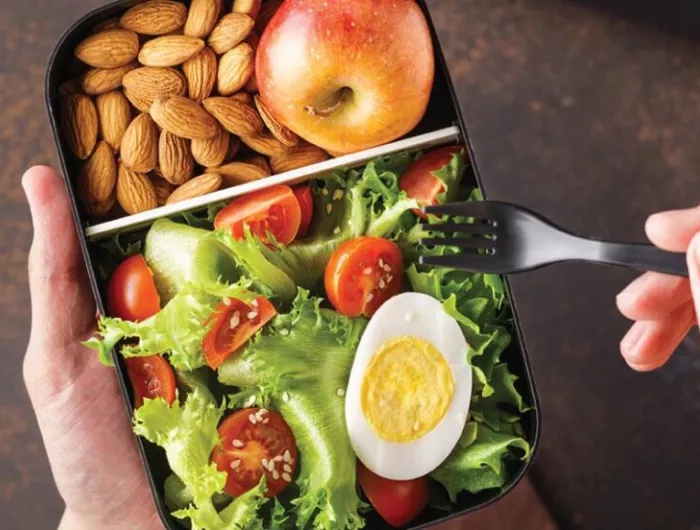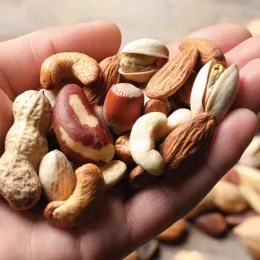Should you eat many small meals to boost weight loss?

Tatiana Atamaniuk - stock.adobe.com.
“Try to stick to small, frequent meals throughout the day,” a dietitian told the Eat This, Not That website in 2020. “I think that’s very important to speed up the metabolism to make sure you’re not feeling overly hungry.”
“Early observational studies showed that people who were grazers—meaning they ate small meals throughout the day—tended to be thinner than those who were eating larger meals,” says Brad Schoenfeld, associate professor of exercise science at Lehman College in New York City.
“But, of course,” he adds, “correlation is not causation.”
Why would grazing keep you trim?
“The general hypothesis is that if you eat more frequently, it will stoke your metabolic furnace, helping you burn more calories,” says Schoenfeld.
“But that idea is unfounded,” he notes. In one study, 15 young adults ate the same number of calories—divvied up into either three or six meals—on two separate days. The volunteers burned the same amount of fat and calories on the day they ate six meals as on the day they ate three.
Grazing also doesn’t help people lose weight over the long term
For example, researchers told 51 adults with overweight or obesity to eat 1,200 to 1,500 calories a day, either as three meals or as mini-meals (with at least 100 calories each) every few hours. After six months, the grazers had lost no more weight than the three-meals-a-day eaters.
And when Schoenfeld analyzed the data on weight from 15 trials that lasted two weeks to a year, “there was no difference if people ate, say, one meal or five.”
“It really doesn’t matter.”
The bottom line
When it comes to how often you eat, “do whatever fits your lifestyle best,” says Schoenfeld. “It comes down to calories in, calories out.”
Tags
Topics




